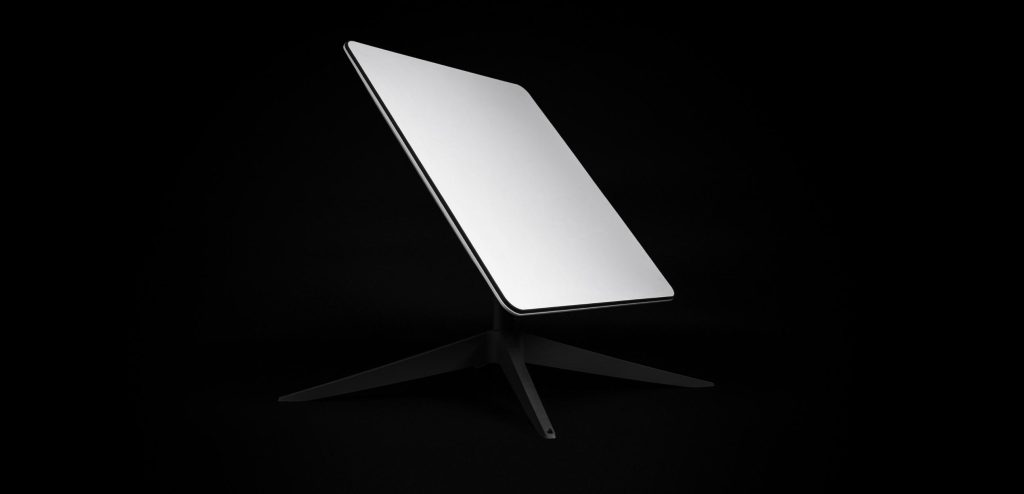In 2024, Ghana’s tech ecosystem faced some challenges due to the stale economy but there were some advancements in fintech and artificial intelligence (AI) firms.
Despite these obstacles, the ecosystem shows great potential for future growth, driven by some government initiatives and the potential return of venture capital (VC) interest in the African tech markets.
Overview of Ghana’s Tech Ecosystem
Ghana’s tech industry is a growing contributor to the national economy, creating jobs and driving innovation across multiple sectors.
Tech hubs like Meltwater Entrepreneurial School of Technology (MEST), Ghana Tech Lab, and Impact Hub Accra are pivotal in fostering startup growth.
With rising VC interest, the startup ecosystem is flourishing, particularly in sectors like fintech, health tech, and agritech.
Key Highlights in 2024
Artificial Intelligence (AI)
The adoption of AI technologies in Ghana expanded significantly in 2024, with growth in sectors such as agriculture, healthcare, and financial services.
AI became a prominent focus within the Ghanaian tech ecosystem, as new and established companies integrated AI tools into their offerings.
Notable AI startups like Mino Health, Ghana Natural Language Processing (NLP), and Aya Data gained considerable media attention, with Aya Data securing a substantial $900,000 investment.
Fintech Dominance
The fintech sector continues to dominate Ghana’s tech landscape, with companies like Zeepay frequently making headlines. Zeepay raised $3 million in 2024 and was approved to pilot outbound remittance services by the Bank of Ghana.

This year, Flutterwave received regulatory approval from the Bank of Ghana and was granted a Payment Processor Licence, while Chipper Cash gained authorization from the Ghana Securities and Exchange Commission.
Additionally, new crowdfunding guidelines were issued this year, providing clearer regulatory frameworks for the industry.
Fido, a digital credit provider, attracted the largest investment in Ghana’s fintech ecosystem with a $30 million Series B round.
Digital banking platforms and mobile money services have also continued to drive financial inclusion, with the Bank of Ghana reporting a significant rise in mobile money transactions. A recent Paystack report noted that 98% of its transactions in Ghana were conducted via mobile money.
Unsurprisingly, the value for mobile money transactions eclipsed GHC 2 Trillion (~$130 Million)
Electric Vehicle Growth
Ghana's electric vehicle (EV) sector has shown steady growth, with industry players making notable strides.
Wahu inaugurated a manufacturing plant and received undisclosed investments from different investors

Kofa, an EV bike company, in partnership with JIDI Bank and Shell, expanded its market reach with capital injection.
However, challenges persist, particularly in terms of import regulations and the need for expanded charging infrastructure.
Telecoms and Starlink
Ghana’s telecommunications sector has seen advancements in 2024. MTN was the dominant player in the market, recording record growth across various service areas. The company in May, the appointed a new CEO following the promotion of its previous leader.
Vodafone completed its rebranding to Telecel, though subscriber growth remains limited despite the change.
5G was officially launched in November with the government advocating for a shared 5G infrastructure to foster competition.
On the regulatory front, Ghana secured free roaming agreements with Côte d’Ivoire, Togo, and Benin, allowing citizens of these countries to access local rates when crossing borders.

Starlink entered the Ghanaian market in September, with monthly service subscriptions starting at 770 GHC (~$25) with much success.
Lastly, Ghana saw the departure of a major player in the food delivery service. In May, Glovo suspended its operations in the country and exited the Ghanaian market.
Funding
Ghana's tech ecosystem had raised an estimated $66 million by Q3 2024, with the largest funding round being Fido's $30 million Series B.
Zeepay and Kofa also secured investments, while other startups like Kola Market and Wahu raised undisclosed funds.
Although final figures have not yet come in for the year, we expect the numbers to exceed 2023's funding year but will be nowhere close to 2022's record year.
Government and Policy
Despite being an election year, the government maintained progress on several policy fronts. Ghana’s Startup Bill, initially introduced in 2020, remains in development.
The World Bank’s eGov Project concluded in June, providing a mixed review of its achievements and gaps.
Additionally, the government introduced new cybersecurity guidelines, underscoring its commitment to strengthening digital security frameworks in Ghana.
Challenges In The Ecosystem
The Ghanaian economy was still reeling last year.
The country’s exchange rate to the dollar reached $1 to 15 GHC, with inflation was still above 20%. The current environment made it difficult for some companies and startups to expand or bring in revenue.
What We Expect in 2025
With an incoming government, we expect changes in some policies regarding digitization. The incoming government proposed a fintech fund of $50 million but there are no timelines for implementation.
We expect some rollbacks on some taxes including the Electronic Levy (E-Levy) which has been controversial since its launch.
We expect the government to clarify and roll out regulations around cryptocurrency, data privacy, and AI to foster a conducive environment for innovation.










